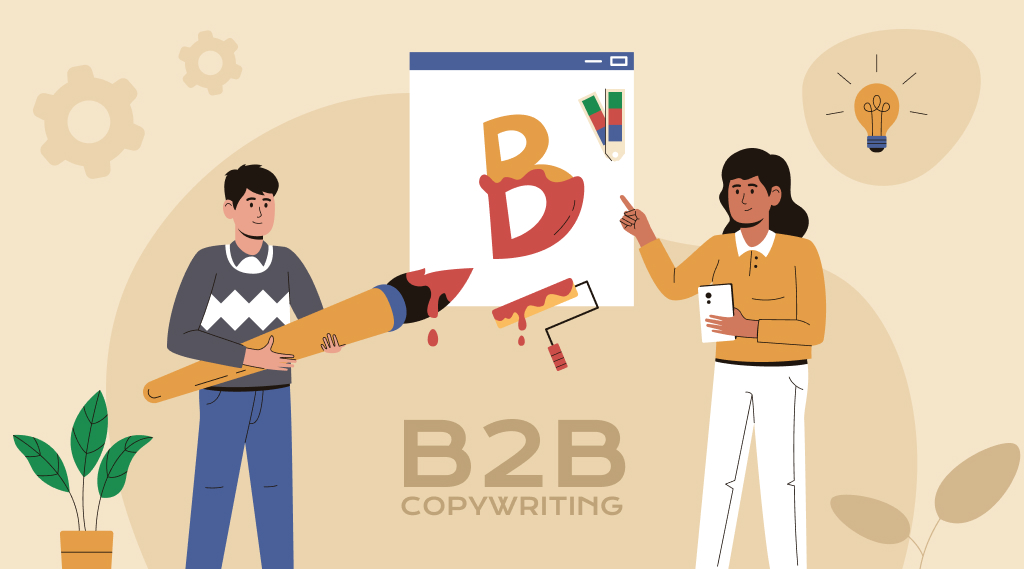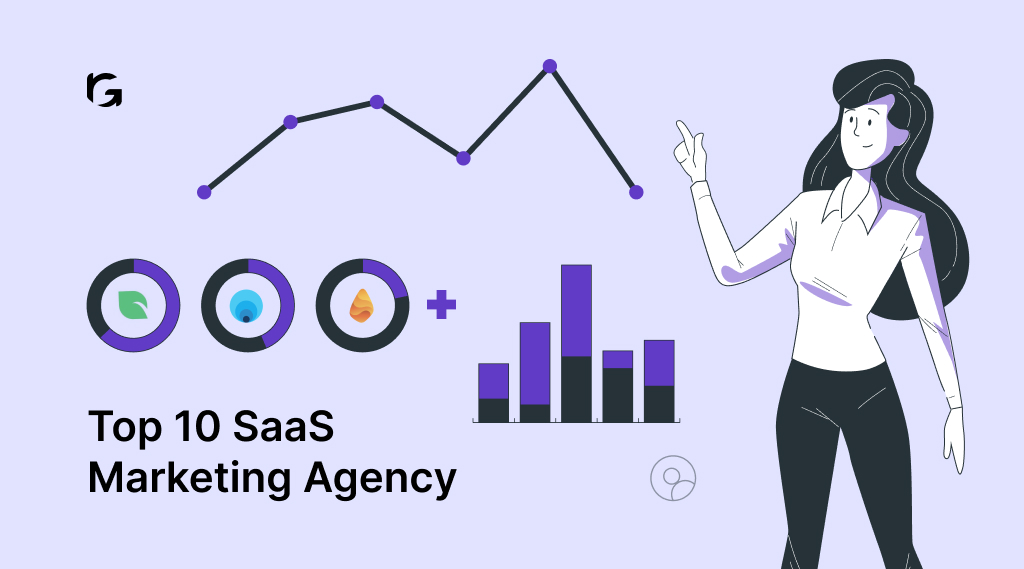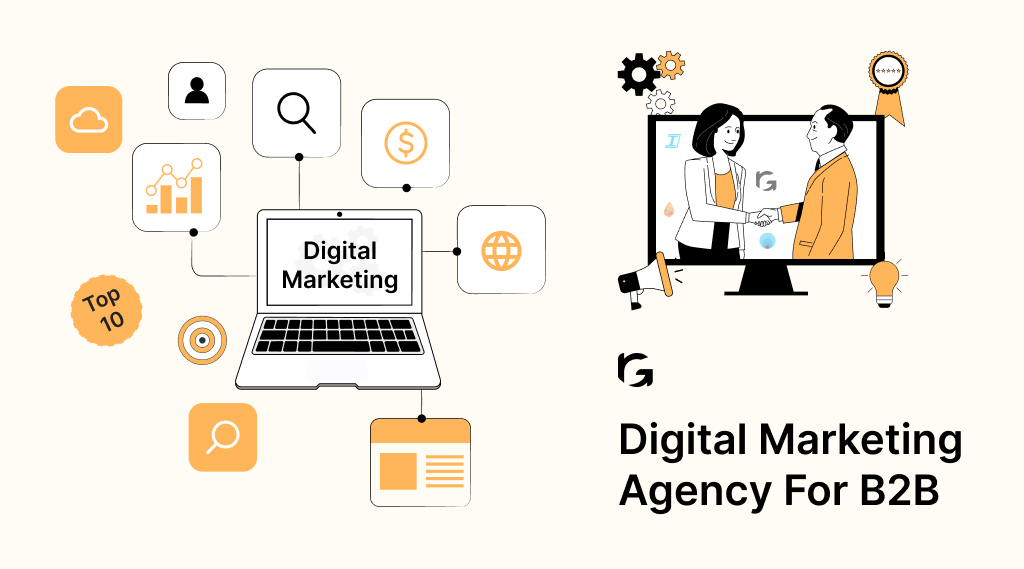Introduction
Writing copy is like creating art. It’s about talking to your customers and readers in a way that connects with them. Some writers make the mistake of being too formal and business-like, which can be boring for readers, even in business-to-business (B2B) situations.
Good copywriters use interesting hooks, creative tones, and even humor to make their writing more enjoyable for their audience. This results in a copy that people actually want to read, setting it apart from dull content.
Including humor and clever statements is a fun way to make your content exciting and keep your reader’s attention. Just remember not to overdo it – you still need to get your message across clearly and concisely.
What is b2b copywriting?
B2B copywriting, or business-to-business copywriting, is a special type of writing designed to talk to and persuade businesses, not individual customers..
The main aim of B2B copywriting is to achieve specific business goals, such as getting new leads, nurturing potential clients, and ultimately making deals.
Successful B2B copywriting involves understanding the audience you’re talking to, addressing their problems, and showing how a particular solution can help solve those issues and contribute to the success of their business.
Content Writing and Copywriting are two different extremes, I have written a separate blog on that, check that out!
The many purposes of b2b copywriting
Every time companies start writing for other businesses, they ask a simple question: why? They want to create words or content for a reason.
Let’s look at some usual goals they aim for:
1. Raise awareness:
- Many B2B writings focus on the early stages of the buyer’s journey, where potential buyers realize they have a problem and start thinking about solutions.
- Writers create content, like social media ads or website pages, to make potential buyers aware of the brand.
- This includes blog posts that establish a brand as a trusted source or an industry thought leader.
- The goal is to educate readers about their problems and encourage them to explore solutions, which may include the company’s products.
2. Lead attraction:
- Another type of B2B writing targets potential buyers (called “leads”) who are interested but still deciding.
- The aim is to inform readers about a product and convince them it’s the right fit.
- This often involves longer pieces like e-books and guides, paired with short e-newsletters and emails.
3. Closing deal:
- B2B writers support sales teams by creating content for conversations with potential customers.
- This could be slide decks, white papers, or success stories from existing customers.
- Well-written content doesn’t guarantee a deal, but poorly written content can break one.
4. Exceptional customer experience:
- B2B writing remains crucial even after a customer decides to buy.
- UX writers focus on choosing the right words for websites or software to make them easy to navigate.
- B2B writers also create documentation to help users understand and use products effectively, like manuals, user guides, and FAQs.
5 B2b copywriting strategies to attract and close deals faster in 2024
In B2B SaaS, it’s important to create a writing plan that grabs attention and helps close deals quickly. Here are five simple strategies for B2B copywriting in 2024 to attract and seal SaaS deals faster:
1. Hyper-personalization for target accounts:
- Strategy: Implement hyper-personalized content tailored to specific target accounts.
- Why: By understanding the unique pain points, challenges, and goals of each target account, your copy can resonate on a deeper level. Use account-specific language and showcase how your SaaS solution directly addresses their needs.
2. Interactive and multimedia experiences:
- Strategy: Integrate interactive content and multimedia experiences into your copywriting.
- Why: In a digital age, engagement is key. Utilize interactive elements such as calculators, quizzes, and videos to immerse prospects in your SaaS solution. Multimedia content enhances understanding and leaves a lasting impression, expediting the decision-making process.
3. AI-driven personalized recommendations:
- Strategy: Leverage AI-driven algorithms to provide personalized recommendations within your copy.
- Why: Implementing artificial intelligence allows your SaaS copy to dynamically recommend specific features or solutions based on the prospect’s behavior, preferences, and industry trends. This level of personalization demonstrates a keen understanding of their needs, fostering quicker decision-making.
4. Real-time social proof and testimonials:
- Strategy: Showcase real-time social proof and testimonials throughout the buyer’s journey.
- Why: Incorporate recent success stories, testimonials, and endorsements from current clients in your copy. Real-time social proof builds immediate trust and credibility, addressing potential objections and hastening the decision-making process.
5. Conversational AI-powered interactions:
- Strategy: Integrate conversational AI elements, such as chatbots and live chat, to facilitate instant interactions.
- Why: Enable prospects to engage with your SaaS solution in real time through conversational interfaces. Chatbots can answer queries, provide information, and guide users through the decision-making process, leading to faster resolutions and conversions.
7 Best b2b saas copywriting examples to inspire you
Let’s explore seven standout B2B SaaS copywriting examples that exemplify effective strategies in the industry, inspiring your endeavors:
1. Salesforce: “Sell Smarter and Faster with the world’s #1 CRM Solution”
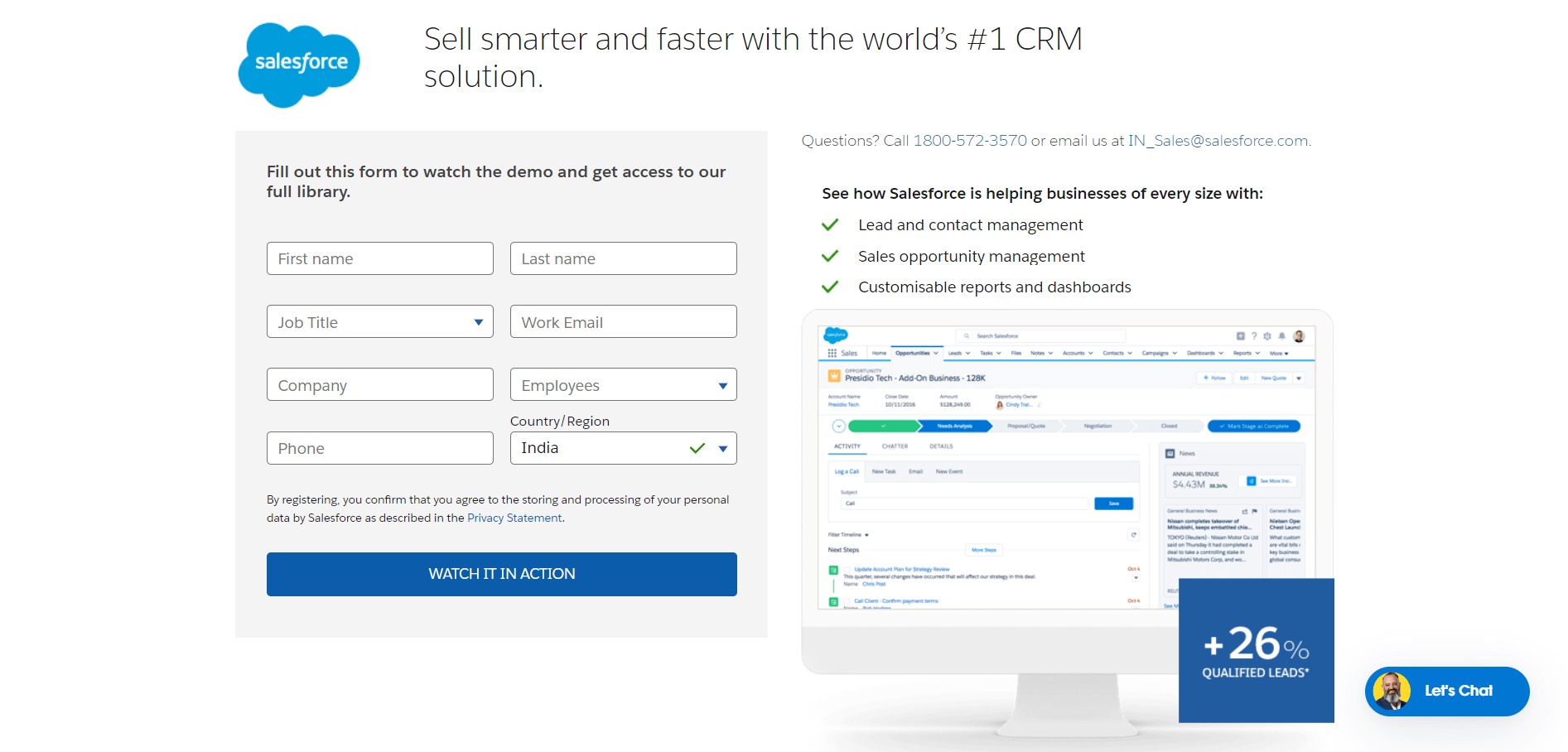
Why it works: This tagline from Salesforce encapsulates the promise of their CRM solution succinctly. It sparks curiosity, addresses a common pain point, and positions its product as a transformative solution.
2. HubSpot: “Grow Better”

Why it works: HubSpot’s tagline is concise yet powerful. It conveys a positive outcome, emphasizing growth, and positioning HubSpot as an integral part of that process. It’s aspirational and resonates with businesses aiming for improvement.
3. Slack: “Where Work Happens”
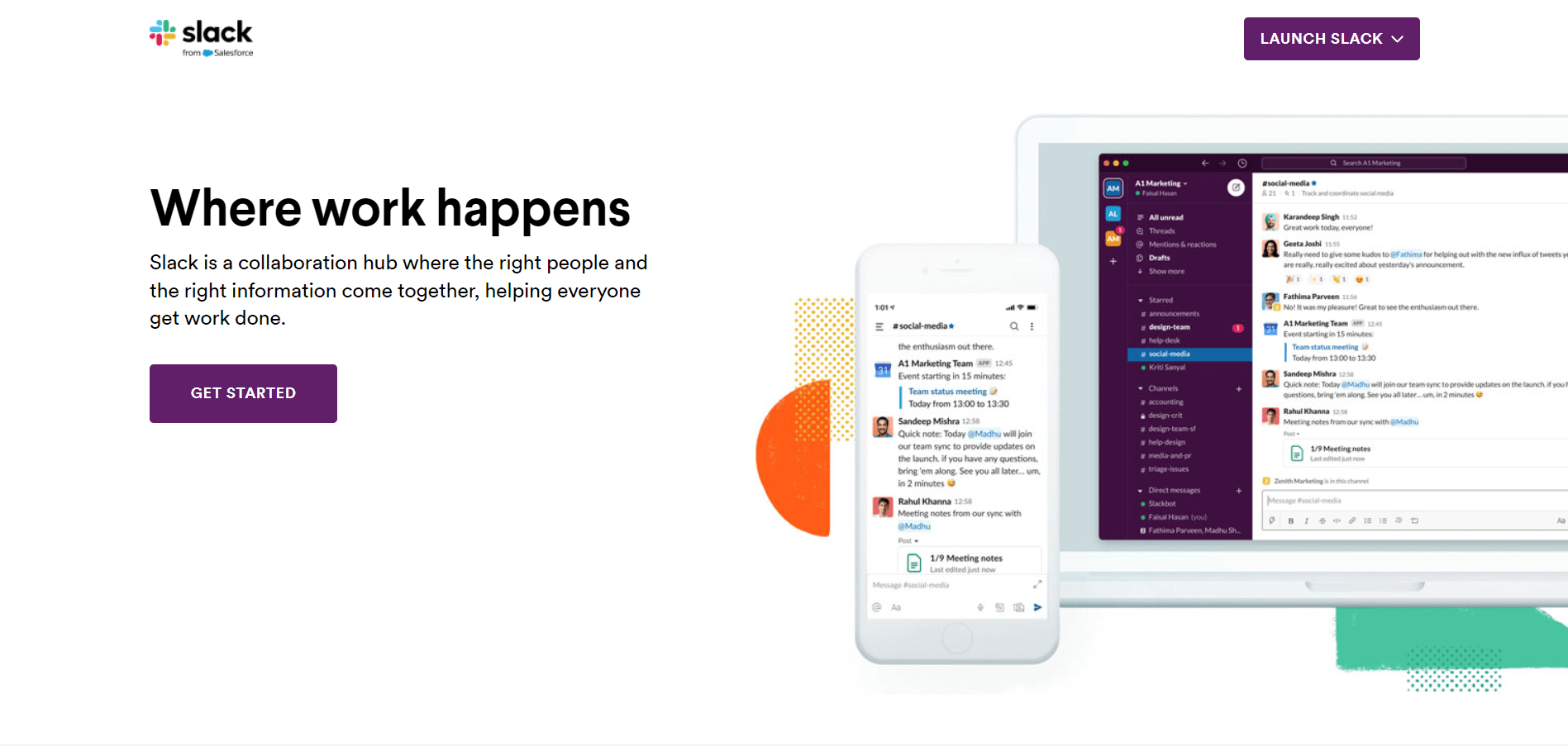
Why it works: Slack’s tagline is straightforward and aligns perfectly with their collaboration platform’s value proposition. It communicates efficiency and is a central hub for work-related activities, appealing to businesses seeking streamlined communication.
4. Zoom: “AI that makes you more productive”

Why it works: Zoom’s tagline is timely and relevant. It speaks directly to the contemporary need for virtual communication solutions, positioning Zoom as the go-to platform for the modern business world.
5. Dropbox Business: “Everything you and your business need to work efficiently, all in one place”
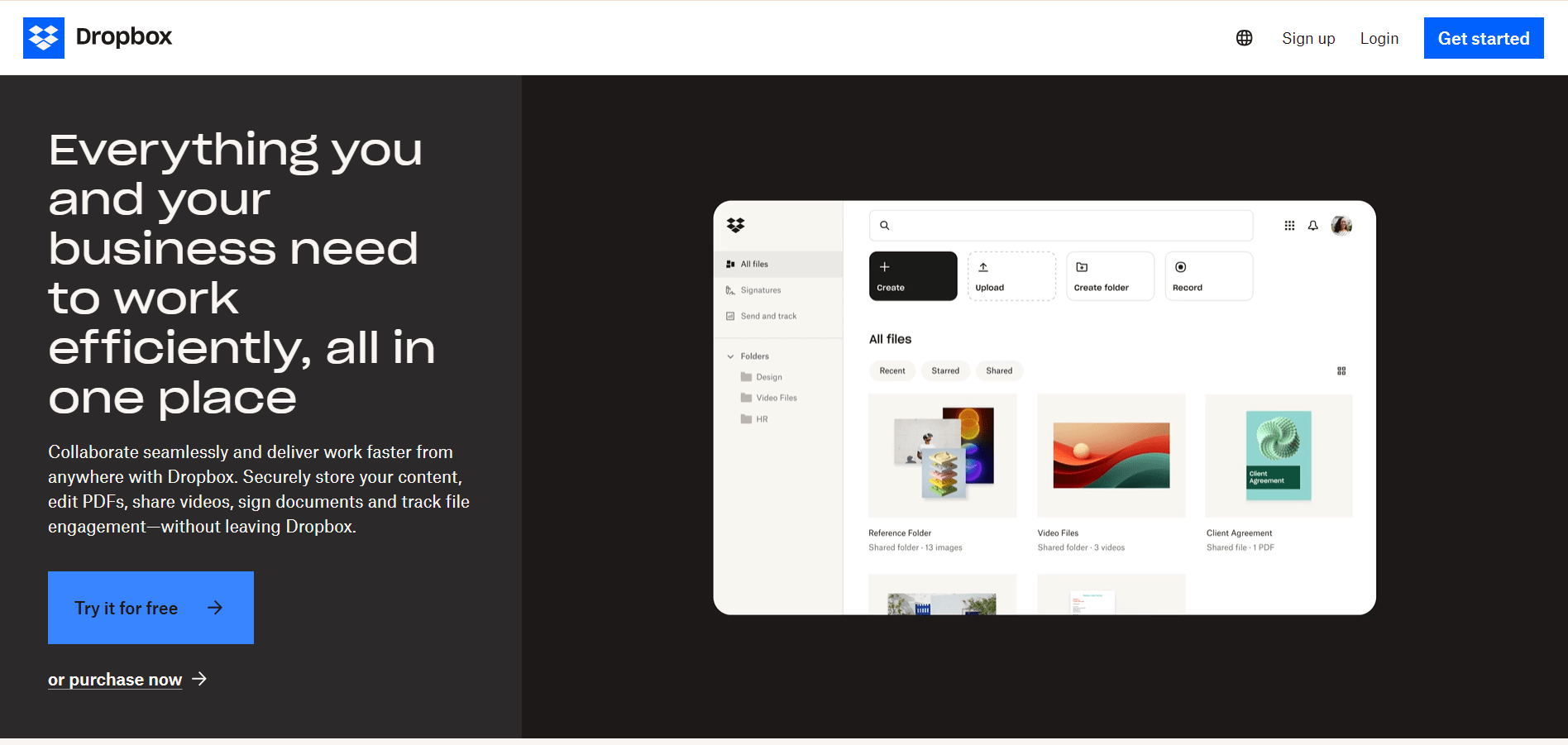
Why it works: Dropbox Business’ tagline is benefit-oriented and appeals to the desire for increased efficiency. It communicates the value proposition clearly, suggesting that using Dropbox makes work smarter and more streamlined.
6. Intercom: “The all in one human powered, AI enhanced customer service platform”
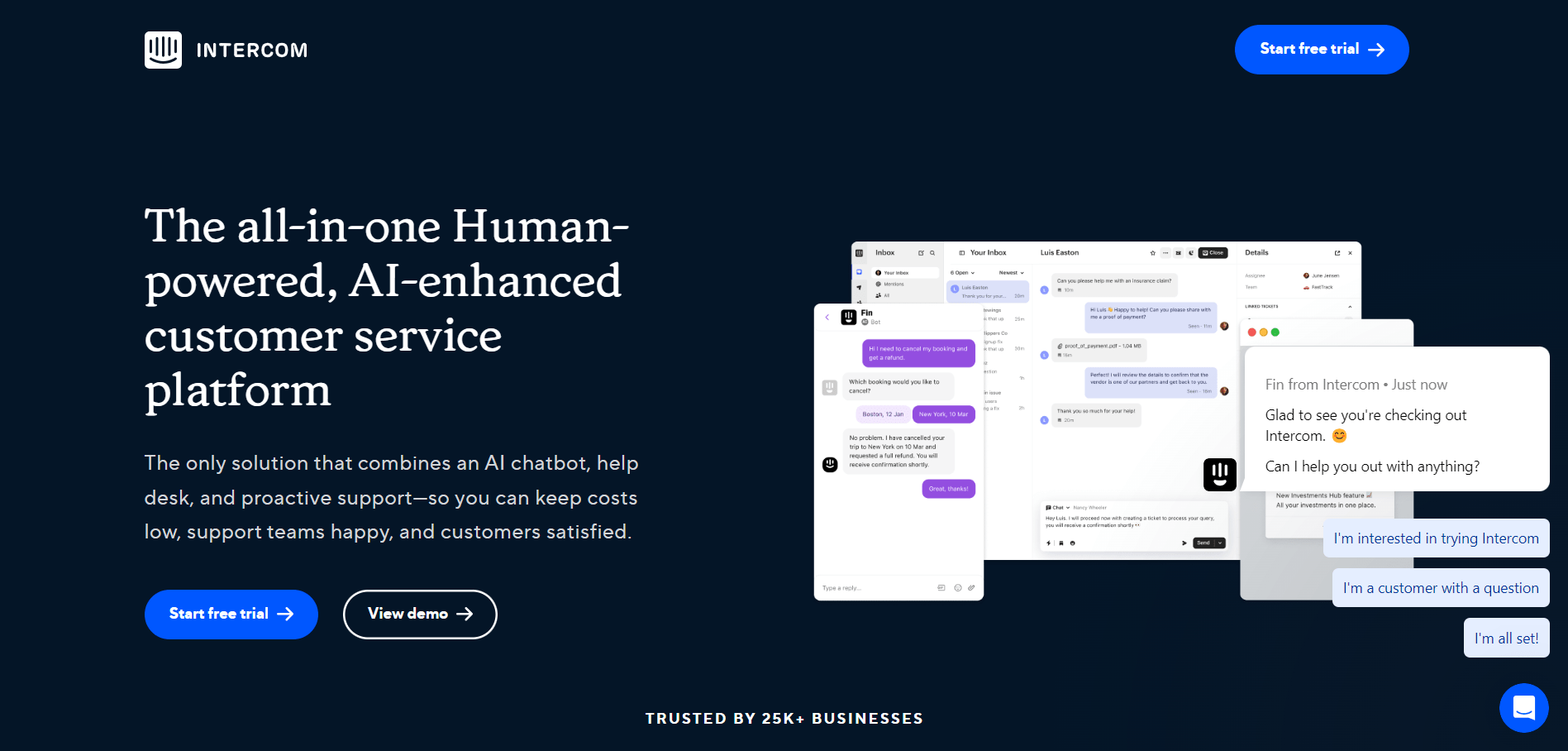
Why it works: Intercom’s tagline is approachable and positions its product as a user-friendly solution. The use of “messenger” suggests ease of communication, appealing to businesses looking for accessible tools.
7. Zendesk: “Best in class customer service for all”
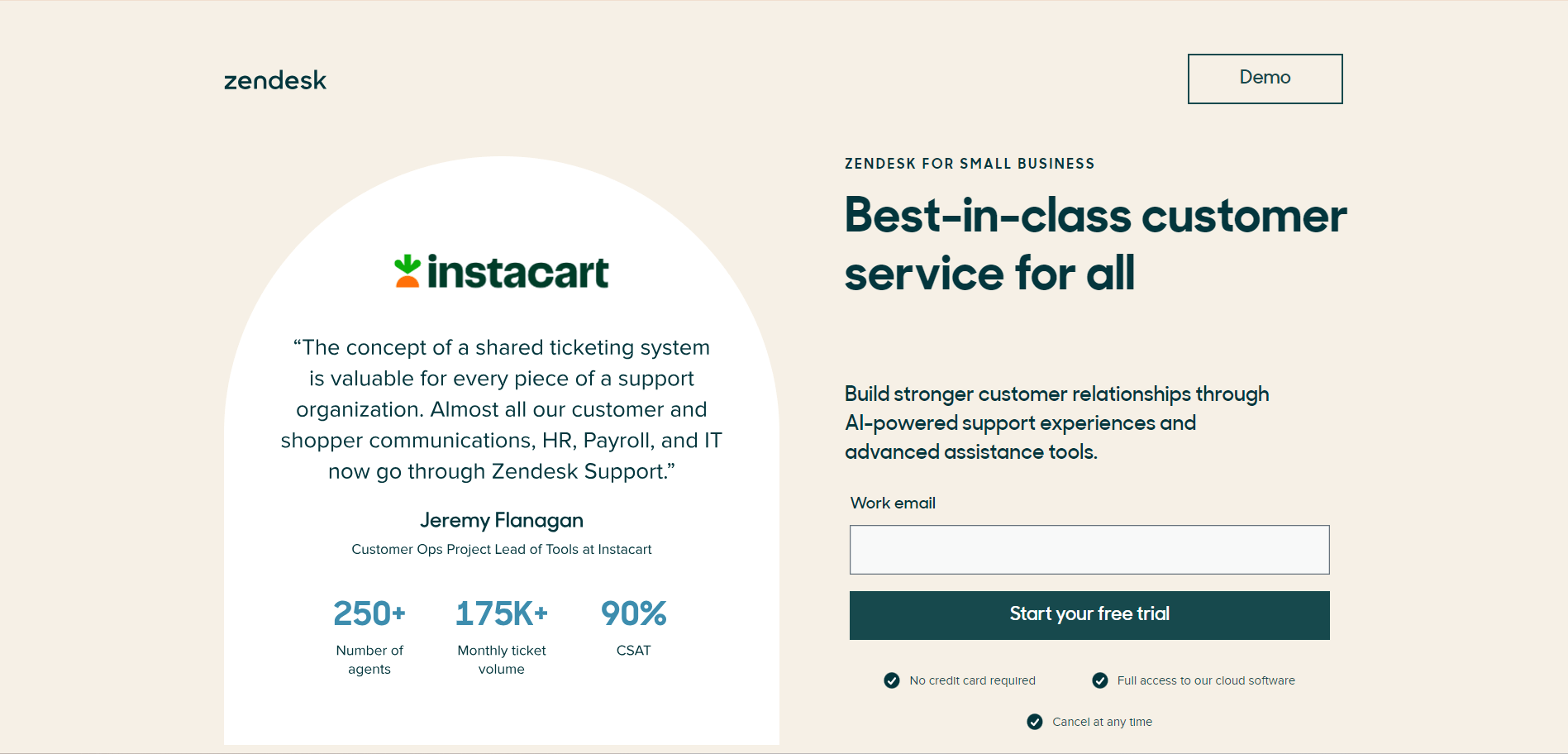
Why it works: Zendesk’s tagline is informative and directly communicates the core offerings of its product. It’s clear and concise, providing potential customers with a quick understanding of what Zendesk provides.
Wrap Up
Creating effective B2B marketing relies on good copywriting. This means using the right words to make people aware of your brand, establish credibility, and ultimately attract potential customers.
Begin by understanding your audience. Share information and facts in an interesting way, and make your content specific. This approach will lead to successful B2B copywriting. Always remember, the choice of words can strongly influence people to take action.
Looking for experts for your business? Give our services a try to make your content interesting and convincing for your audience.
